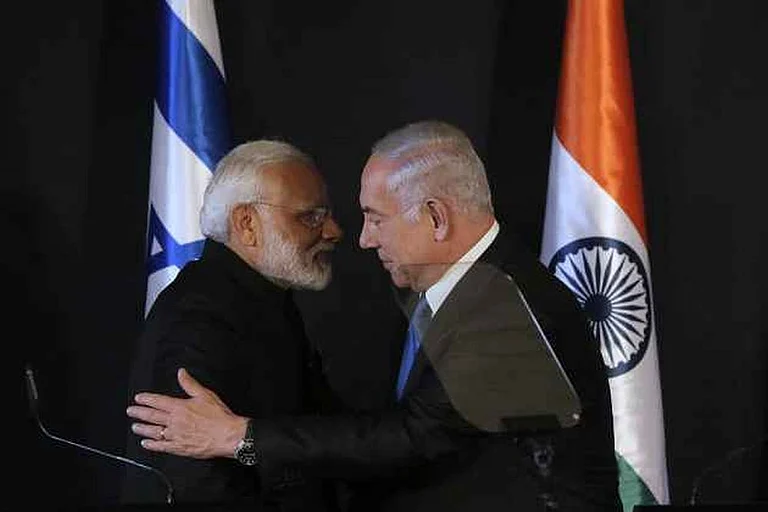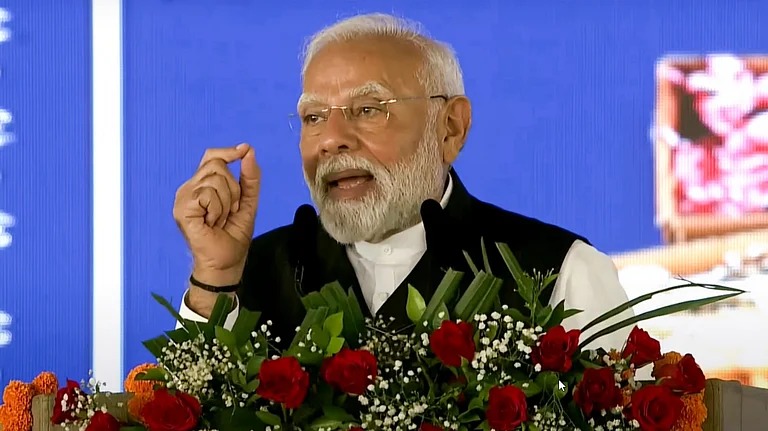Days before the nationwide COVID-19 lockdown was announced, I was sitting in the living room of a young businessman in Assam’s Dibrugarh district. He and his friend, both in their twenties, had just been released from the central jail, having spent more than two months in jail for participating in the mass agitation in Assam’s Brahmaputra valley against the contentious Citizenship Amendment Act (CAA).
The new law is seen as a massive betrayal by the natives of Assam. More so given the fact that they had enthusiastically voted the BJP to power in the state for the first time, on the premise that the party will finally resolve the issue of illegal migration that has been festering for decades.
Though the mass protests appeared to unite all those opposed to CAA, the cracks were visible. While still opposed to the infiltration of ‘illegal’ immigrants to their land, time in detention had broken the spirits of the two men. “We’re not a part of the Krishak Mukti Sangram Samiti (the organisation that led the protests in upper Assam) but since the police detained us, they should have bailed us out, too. Instead they were only helping to release their members,” one of them said.
The two were among the thousand-odd protestors who were detained in December 2019 by police. With the time spent away from family and their names on police record, the two no longer hold any faith in the mass movement in Assam. More than 400 kilometers away in Guwahati Central jail, KMSS leader Akhil Gogoi—often accused by the authorities of pursuing a Maoist agenda—and three of his associates were locked away under the Unlawful Activities Prevention Act, charged with sedition and other penal acts. A repressive law that allows detention up to six months without a trial or charges being framed, the UAPA has become the tool of choice among the national security laws to curb dissent. Gogoi continues to be in jail.
By April, we were caught in the midst of the lockdown and life came to a halt in the otherwise bustling city of Guwahati. The virus took over our lives and the minute updates of a rapidly developing situation kept us hooked to our smartphones. While I took to Netflix and Audible to escape the dystopia around us, many in my home state of Manipur were struggling to receive the rations they were promised.
Naturally, they took their angst out on social media— most of them were just pure concerns and curious questions—leading to their arrest or being booked under the National Disaster Management Act, 2005. At least 13 cases of detention, arrests and FIRs were recorded in the month of April, alone. In all likelihood, I, too, would have been booked for reporting this story had I been with my parents in Churachandpur district.
At a time when the state most needed a stable government, ministers were playing turncoats and switching parties in the middle of a pandemic. Manipur’s civil society, which had long been at the forefront of the civil liberties movement in the valley, found itself to be mostly mum on the slew of arrests trampling free speech. Journalist Kishorchandra Wangkhem, who had already spent a year in detention under the NSA after charges of sedition filed against him failed, was once again booked under sedition. He was, however, freed recently.
This time, too, it was over a post on Facebook, where he cheekily took a dig at a local minister’s second wife that landed him in jail in October. He was also booked under the SC/ST Act since the first wife belongs to the Maram tribe. Wangkhem’s wife Ranjita said that her husband’s post was to “admonish the non-tribal woman for airing a derogatory comment about a tribal woman and causing communal disharmony”. The second wife, who had originally posted the alleged comment about the minister’s tribal wife, however, did not face any police action.






















